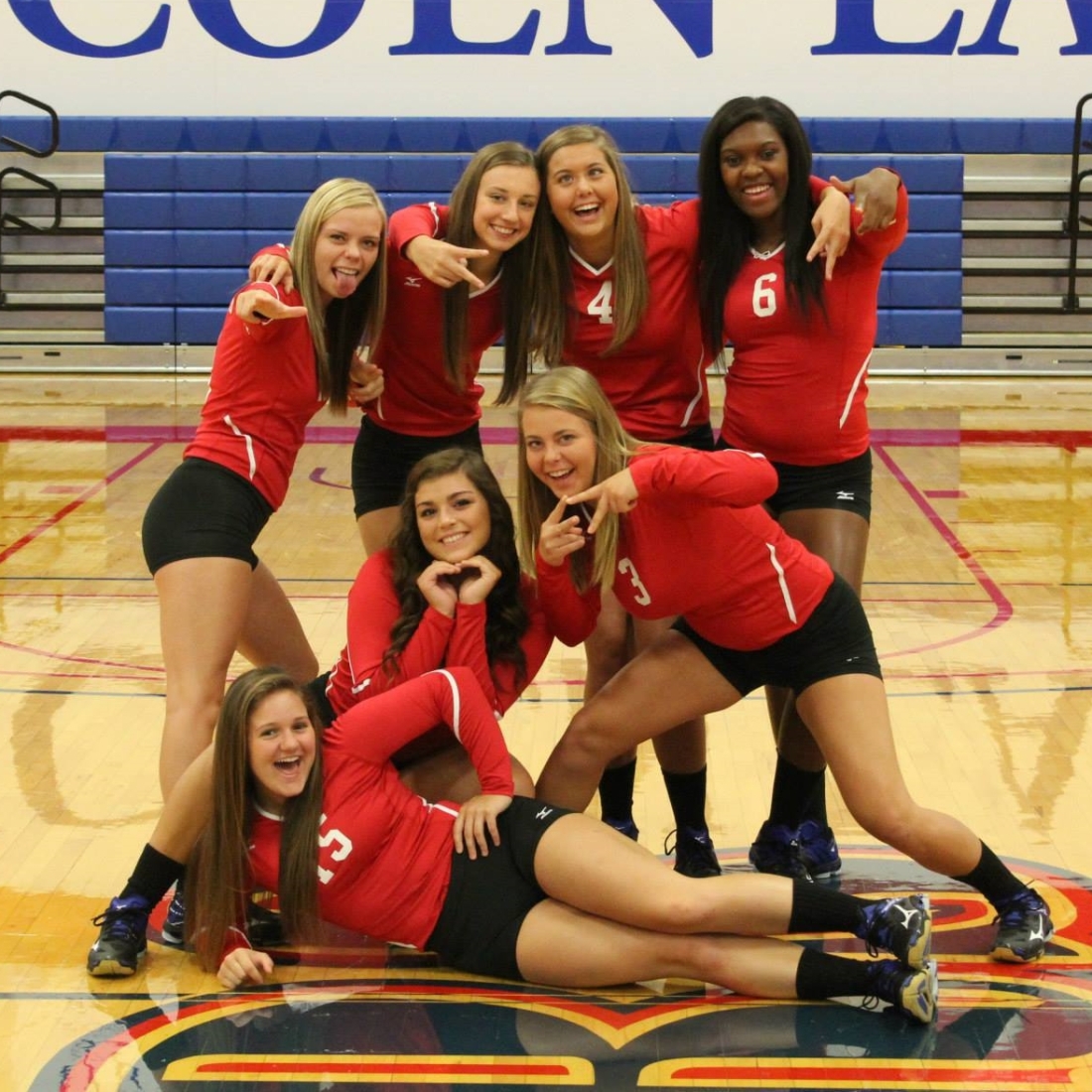It isn’t really my story…it’s from the mid-1950s, actually. Near my grandparents’ house in Keokuk (18th and Palean), you have the Keokuk National Cemetery for veterans, etc, along with ‘normal’ graves (it is where my grandparents and Uncle Mike are now buried). Almost all cemeteries have burial plots for coffins placed into the ground. You’ve got others who are placed into above-ground mausoleums, sometimes built big enough to hold entire families. And then in some places, you get crypts–burial chambers underground.
Because Keokuk’s cemetery was full of rolling hills and swells, it has quite a few of these on its grounds. Once occupied, these were locked and secured, but if they had been built but did not yet have occupants, they were left open. After all, there’s nothing to steal in an empty vault, so why waste the effort?
They didn’t really think about kids, though. In summer, like most places before 1985 or so, when school was out, kids were turned loose to ride bikes and run around the neighborhood playing, adventuring, and getting into trouble from time to time–sometimes trouble that required parents to get involved…sometimes trouble that kids handled themselves, and sometimes trouble that couldn’t get handled…and remained to become a story years later.
It was before Uncle Mike was born, so most likely, Summer 1955 or 1956 (Uncle Mike comes into the picture, September, 1956). Uncle Karl would have been 10-11, Uncle Helmut 8-9, and my mom 9-10. They went to the cemetery running around–a great place for it since it was so wide open and on most days, there was no one around (they knew enough to not play there if there were funerals or services going on). They were playing tag, the usual sort of stuff when they found a newly built crypt with its entrance swinging open, permitting just a tiny bit of light into the blackness.
My mom never backed down from a dare, certainly not from her brothers. She was also fearless about going first–anything a boy could do, she could do. I’d love to say my uncles were always noble at heart, but….no. They’d talk her into doing stuff to see what would happen or to get her in trouble. In this case, Uncle Karl wanted to pull a prank, so he dared my mom to go first into the crypt.
No biggie–Mom did but as soon as she did, Uncle Karl closed the door behind her, trapping her in complete blackness. The intent was to do this only for a minute or so, but it turned out that the door wasn’t mounted flush/square, so that Uncle Karl couldn’t get it back open immediately. Instead, it wound up taking both boys several minutes to yank the crypt door open and let my mom out.
That’s the story.
Nowhere in it is there anything about my mom slugging either brother. There’s nothing about her running home to tell Grandma (who would’ve told Papa…and THEN there’d be trouble). All that remained was a story and when it got told, my mom referring to her brothers, “You were shits, both of you.”
What I take from that is that kids are resilient. They know when things are a joke and when things don’t go quite right, too. They don’t always have to get even, retaliate. Did my mom do stuff to them? You betcha. But in the end–it was all okay because it was family. If it had been a couple boys from school doing that to her, I also know my uncles would have been first and second in line to dish out some lumps to the offenders.
So many stories, so many lost to time that I’ve been told and forgotten. I love my family so damned much.









